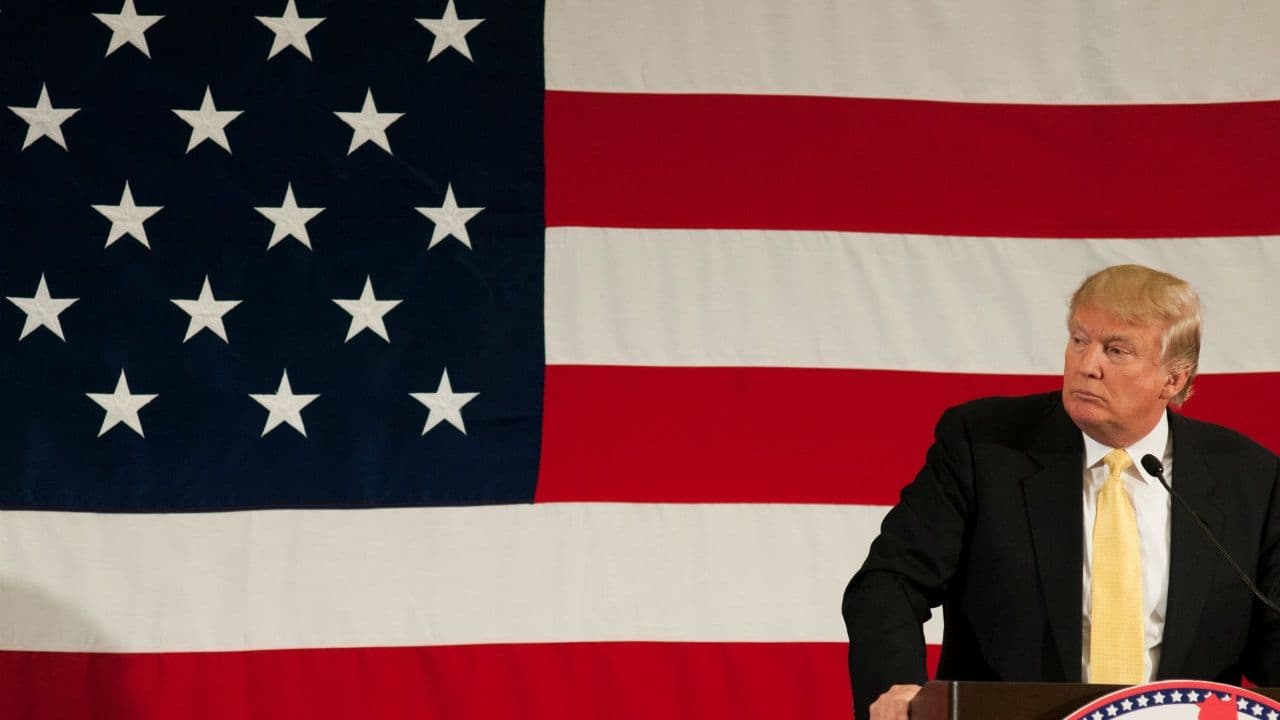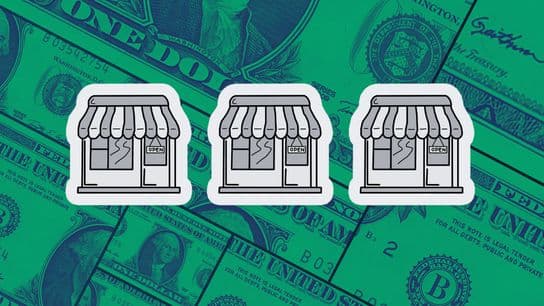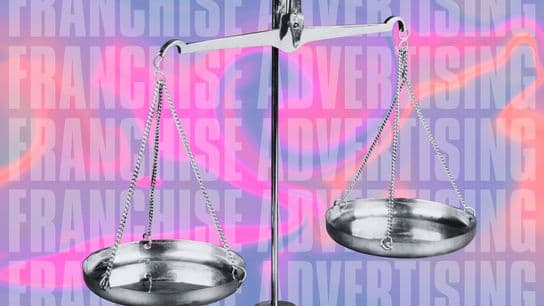What’s Next for the Franchising Industry as Donald Trump Wins the White House?
In a historic upset, the billionaire businessman defeated former Secretary of State Hillary Clinton in the 2016 presidential election.
One of the most unconventional elections in recent history has officially come to an end. Billionaire businessman Donald Trump will become the 45th President of the United States.
Despite polls giving former Secretary of State Hillary Clinton a slight edge in the days leading up to the election, Trump was able to secure more than the 270 electoral votes needed to win the White House. The race was called early Wednesday morning after Trump won key battleground states like Florida, Ohio, Iowa, Wisconsin and Pennsylvania. The Republican Party also claimed victory in Congress, winning the majority of seats in both the House of Representatives and the Senate.
There’s no doubt that the results of Tuesday night’s presidential election will mean major changes are in store for the U.S. But it’s still unclear what a Trump presidency will mean for the future of the country’s businesses and industries, including franchising.
Trump has yet to voice a strong opinion on many of the industry’s key issues at stake this election season. Take overtime regulations—on December 1, overtime pay will extend to employees who work more than 40 hours a week while earning less than $47,476. But even though Trump has stayed quiet, Republicans in Congress have been vocal about their concerns and promised to take political action.
Trump also hasn’t identified a specific threshold for minimum wage that he can get behind. He has, however, said that he wants states to set their own standards. Some states have already made their opinions on the matter clear—there are 29 states that currently mandate workers be paid more than the national average of $7.25. And on Tuesday, four states approved initiatives to raise their minimum wages. People in Arizona, Colorado and Maine voted to increase the minimum wage to $12 per hour by 2020, while voters in Washington raised the standard to $13.50.
The uncertainty surrounding the future of the national and global economies is also impacting Wall Street. Global markets plunged overnight as the news of Trump’s victory broke. U.S. markets, on the other hand, aren’t expected to crash as some had feared. That doesn’t mean there isn’t still a sharp decline—on Wednesday morning, the Dow was on track to drop 230 points, with the S&P 500 futures and the Nasdaq down more than one percent.
For now, it’s unclear what Trump’s presidency and a Republican congressional majority will mean for the future of franchising. With major issues like overtime, minimum wage and the National Labor Relations Board’s new joint employer standard on the line, the changes made over the course of the next four years have the potential to significantly determine the success or stagnation of the proven franchise business model.
As businesses have a chance to react to the results of the 2016 presidential election, 1851 Franchise will continue to cover the impact of Trump’s victory on the franchising industry. Follow along here as well as our Facebook and Twitter pages for new features, news alerts and interviews with some of the industry’s key players.









